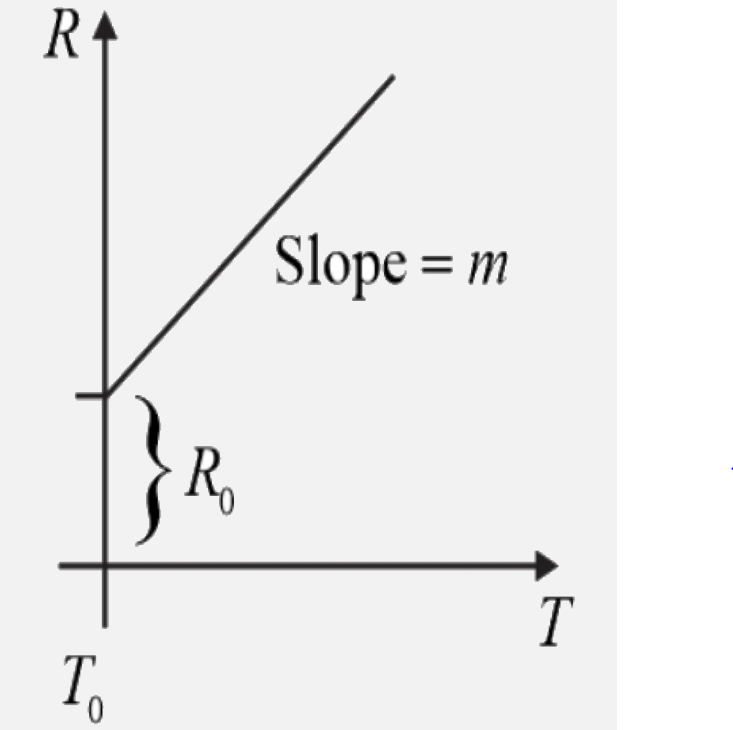The variation of density of a solid with temperature is give by the formula
A
d2=d11+γ(t2−t1)
B
d2=d11−γ(t2−t1)
C
d2=d11−2γ(t2−t1)
D
d2=d11+2γ(t2−t1)
Video Solution
Text Solution
The correct Answer is:A
d1=d0(1+γΔt)
|
Topper's Solved these Questions
- THERMAL PROPERTIES OF MATTERBOOK - NARAYNACHAPTER - THERMAL PROPERTIES OF MATTEREXERCISE - Examples
50 Videos
- THERMAL PROPERTIES OF MATTERBOOK - NARAYNACHAPTER - THERMAL PROPERTIES OF MATTEREXERCISE - LEVEL-III
22 Videos
- THERMAL PROPERTIES OF MATTERBOOK - NARAYNACHAPTER - THERMAL PROPERTIES OF MATTEREXERCISE - NCERT BASED QUESTIONS
25 Videos
- SYSTEM OF PARTICLES AND ROTATIONAL MOTION BOOK - NARAYNACHAPTER - SYSTEM OF PARTICLES AND ROTATIONAL MOTION EXERCISE - EXERCISE - IV
39 Videos
- THERMODYNAMICSBOOK - NARAYNACHAPTER - THERMODYNAMICSEXERCISE - Exercise
187 Videos
Similar Questions
Knowledge Check
The variation of heat of reaction with temperature is given
AVan't Hoff equationBClausius-Clapeyron equationCNernst equationDKirchoff's equationWhich of the following curve represent variation of density of water with temperature best-
A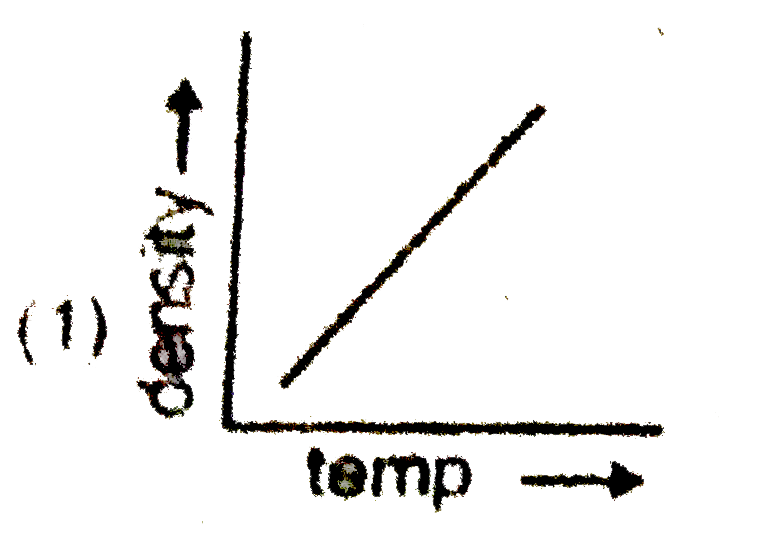 B
B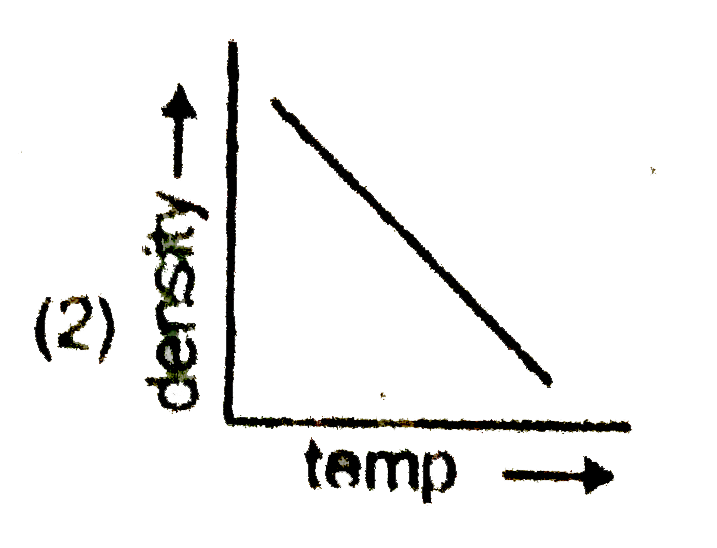 C
C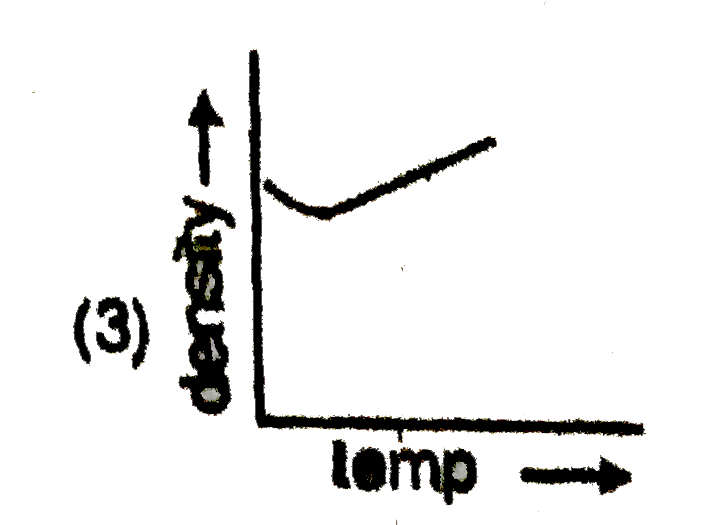 D
D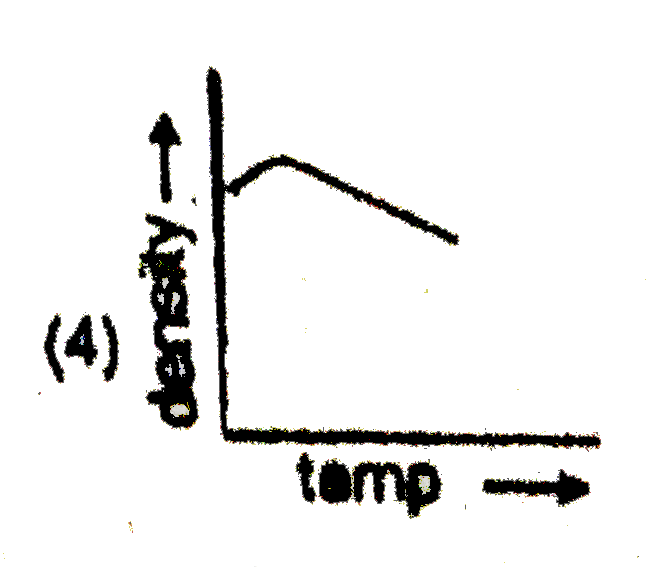
Variation of heat of reaction with temperature is known as
AVant Hoff's isothermBVant Hoff's isochoreCKirchoff's equationDKemmerling equation
Which of the following expression represents correctly the variation of density of an ideal gas with change in temperature ?
View SolutionDensity of solid is given by
View SolutionAt a constant pressure, of the following graphs that one which represents the variation of the density of an ideal gas with the absolute temperature T, is
View SolutionWhich is solid at room temperature
View SolutionDensity of a crystal is given by the formula
View Solution
